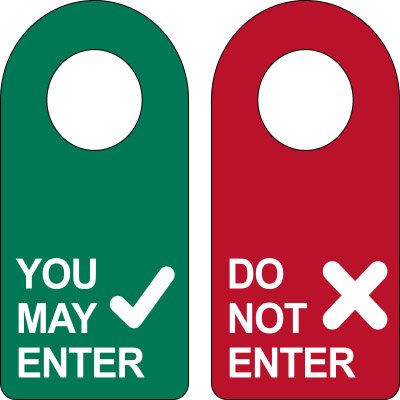Who is acceptable to God?
No greater question has concerned mankind since the beginning of time. Tt is a recurrent theme in the old Jewish Scriptures. The great King David repeatedly pondered this question.
“Lord, who may dwell in your sacred tent? Who may dwell on your holy mountain.” Psalm 15:1
“Who may ascend the mountain of the Lord? Who may stand in his holy place?” Psalm 24:3
The sacred mountain he had in mind was either Mount Sinai where Moses met with God after escaping from Egypt, or Mount Zion where David’s son Solomon was to build the temple. On Mount Sinai the awesome holy God was not even approachable by his chosen people (Exodus 19:16-25), and similarly in the temple no-one, not even the priests were allowed to enter the Holy of Holies, the area reserved for God. In both situations there was an exception. Moses was permitted by God to spend time with God and the High Priest was permitted once a year to enter the Holy of Holies but then only after a sacrifice had been accepted by God.
God’s answer to this vital question is to remind us of his nature. How can any of us match up to the standard of God’s character?
1 Lord, who may dwell in your sacred tent? Who may live on your holy mountain?
2 The one whose walk is blameless, who does what is righteous, who speaks the truth from their heart;
3 whose tongue utters no slander, who does no wrong to a neighbour, and casts no slur on others;
4 who despises a vile person, but honours those who fear the Lord; who keeps an oath even when it hurts, and does not change their mind;
5 who lends money to the poor without interest; who does not accept a bribe against the innocent. Whoever does these things will never be shaken. Psalm 15:1-5
These tests are all very practical. The three positive tests in verse two describe a man who behaves with perfect personal integrity. The three negative tests in verse three describe a man who is in complete control of what he says. Verses four and five give four more tests about our relationships. The man of God does not closely associate with those who reject God and all he stands for, he is a man of his word, he uses his money well to help others and is above underhand ways of gaining money. These ‘Ten Tests’ are clearly illustrative, but like the ‘Ten commandments’ are enough to remind us how far short we all fall of God’s standards, whatever our background or religion. The whole Bible makes this clear. For example, the prophet Isaiah taught,
“But your iniquities have separated you from your God; your sins have hidden his face from you so that he will not hear.” Isaiah 59:2
Paul, quoting the Old Testament, re-emphasises this,
“There is no-one righteous, not even one; there is no one who understands.” Romans 3:11
This is why, in the Old Testament, God gave not only the law but also provided a system of sacrifices so that mankind learn that sin could be forgiven. All the rules can do is remind us how far short we fall from God’s standards. Clearly the death of a sheep, goat or ox could not actually take away the sins of people against God; their sacrificial death was just a picture of the one, final sacrifice of God’s Son. Jesus alone could bear the responsibility for our sins because he is the one sinned against. The Bible is clear that this is why Jesus entered this world.
“God presented Christ as a sacrifice of atonement, through the shedding of his blood- to be received by faith.” Romans 3:25
“But he (Christ) has appeared once for all at the culmination of the ages to do away with sin but the sacrifice of himself.” Hebrews 9:26
“We have been made holy through the sacrifice of the body of Jesus Christ once for all.” Hebrews 10:10
“He is the atoning sacrifice for our sins, and not only for ours but also for the sins of the whole world.” 1 John 2:2
“And this is love: not that we loved God, but that he loved us and sent his Son as an atoning sacrifice for our sins.” 1 John 4:10
This is why all of ancient history looked forwards to the coming and death of God’s only son and all later history looks back to that climactic event in history.
This is why the question that David posed at the beginning of this article is so important for all to consider. The epistle to the Hebrews urges all of us to think carefully about these matters,
“How shall we escape if we ignore so great a salvation, which was first announced by the Lord?” Hebrews 2:3
No religious rules, however ardently kept can save us. We all need the Saviour if we can ever hope to be acceptable to God.
BVP
Jan 2015
